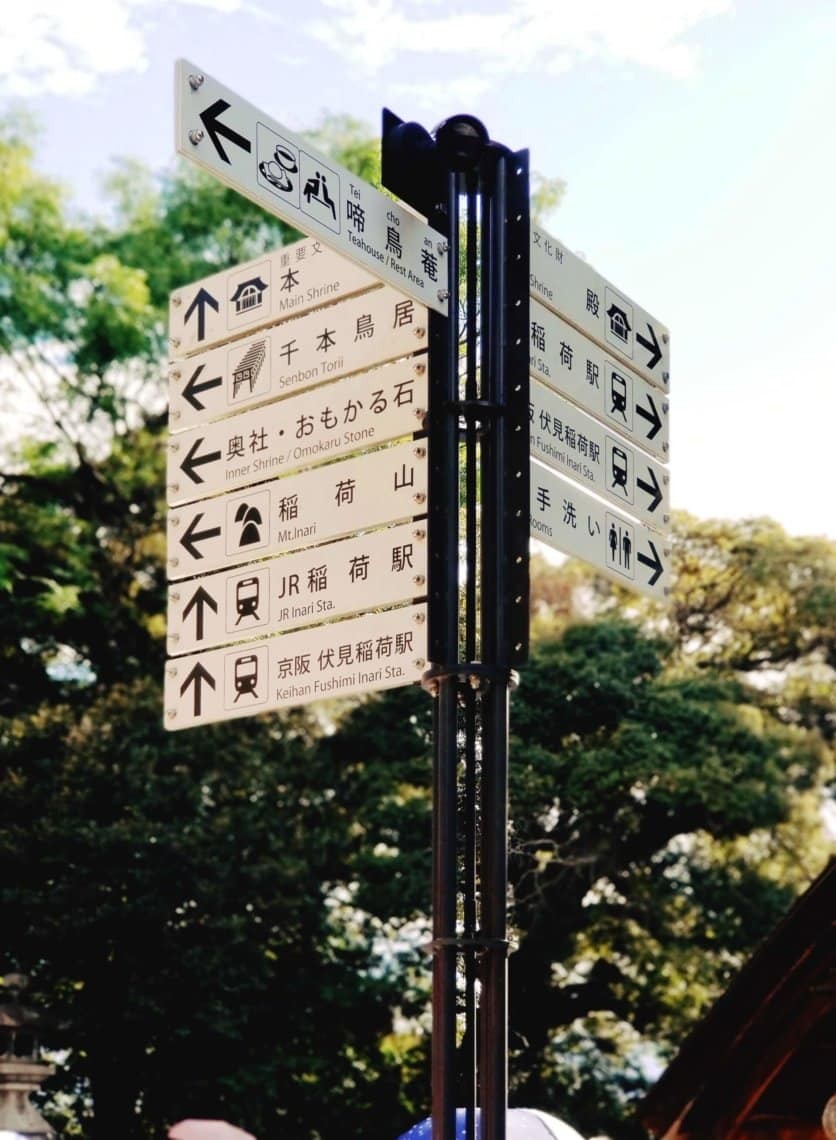Visiting Japan is a dream for many. But a common question arises: Do You Need To Learn Japanese To Go To Japan? The answer is a resounding no. You can absolutely have a fantastic trip without speaking any Japanese. However, knowing a few basic phrases can significantly enhance your experience and show respect for the local culture.
Why You Don’t Need Fluent Japanese
Japan is incredibly tourist-friendly. You’ll find English signage in most tourist areas, including airports, train stations, and popular attractions. Many restaurants offer picture menus or English translations, making ordering food relatively easy.
Most Japanese people, especially those working in the tourism industry, have at least a basic understanding of English. While fluency might not be widespread, you’ll likely be able to communicate essential needs and navigate with simple English phrases. Japanese students study English for years, so younger generations are often more comfortable conversing in English.
Furthermore, Japanese people are known for their helpfulness and kindness. Even if you encounter a language barrier, locals will often go out of their way to assist you using gestures, maps, or translation apps. Don’t be afraid to ask for help; you’ll likely be met with warmth and enthusiasm.
Benefits of Learning Basic Japanese
While not essential, learning some basic Japanese phrases can significantly enrich your travel experience:
Showing Respect:
Making an effort to speak even a few words of Japanese demonstrates respect for the local culture and is greatly appreciated by Japanese people. Simple greetings like “Konnichiwa” (Hello) and “Arigatou Gozaimasu” (Thank You) can go a long way in building positive interactions.
Smoother Interactions:
Knowing basic phrases for ordering food (“ o kudasai” – I would like , please), asking for directions (“ wa doko desu ka?” – Where is ?), or expressing gratitude (“Itadakimasu” – Before eating) can make everyday interactions smoother and more enjoyable.
Cultural Immersion:
Learning a language opens doors to a deeper understanding of a culture. Even a few Japanese words can help you connect with locals on a more personal level, navigate cultural nuances, and gain a greater appreciation for Japanese customs and traditions.
Enhanced Travel Experience:
Knowing how to say “Sumimasen” (Excuse me) to get someone’s attention, “Tomete Kudasai” (Stop, please) in a taxi, or “Kippu” (Ticket) when buying train tickets can make navigating daily life and transportation much easier and less stressful.
Conclusion: Embrace the Adventure!
Do you need to learn Japanese to go to Japan? Absolutely not. Japan welcomes visitors with open arms, regardless of their language skills. However, learning a few basic phrases can significantly enrich your trip, demonstrating respect for the culture and fostering meaningful connections with the locals. So, while fluency isn’t necessary, embracing the opportunity to learn some Japanese can transform your trip from great to unforgettable.

